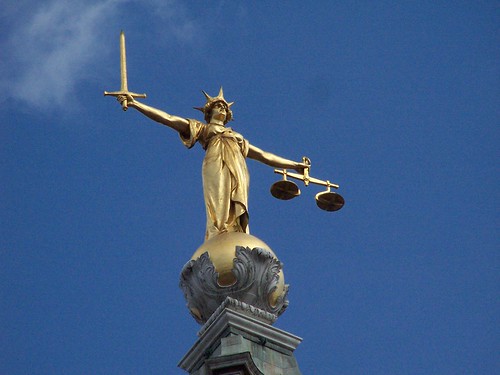Karma and Accountability Part 2
Karma and Accountability
We do not operate in a vacuum. What we do to others and what we do to the world, life one day will do to us. We are all accountable for our actions. Everything we do, the good as well as the bad, will eventually come home to us. Our actions are an investment in our future. We never escape our karma. Rumi, the great mystical poet of the fourteenth century, put the notion of karmic accountability in these terms: “If you cause injury to someone, you draw that same injury to yourself.”
Taking this fundamental truth under consideration, our strategy should be to proceed thoughtfully and deliberately in our lives. We should be compassionate, sensitive, and clear in what we do and why we do it. Being deliberate and in control of our emotions is far superior to being impulsive and controlled by momentary desires. The wise person lives by The Golden Rule and will “do unto others as he would have them do unto him.”
The Law of Consequences
If our actions have been destructive to other people’s well-being, all our attempts to deny our activities, discredit others, and distance ourselves from the repercussions of our actions will prove futile in the end. There is no escaping the long reach of universal law. The Law of Consequences, or Karma, makes no exceptions for anyone. We are all equal under that law. Karma has no favorites. God cannot be bribed or placated. What we do now determines what life will bring us later. We are responsible for our destiny.
Karma and the Long Term
Sometimes, however, it might seem that universal law does not work as advertised. Many ruthless killers throughout history became powerful and rich, and led privileged lives. Some ruled countries. A few created empires. Several were celebrated. Where, then, are the consequences to their actions? They seem to have been rewarded for their inhumanity rather than punished for their crimes.
What must not be forgotten is that universal law applies to the long term as well as the short term. The consequences for actions against humanity are not always immediate. The Law of Consequences determines the timing of karmic events. It manifests our karma when it deems that the conditions are right for us to be confronted with the experience we created for ourselves.

http://www.flickr.com/photos/x-ray_delta_one/5907793310/sizes/n/in/photostream/
Richard Nixon
Richard Nixon, for example, won many elections by spreading lies and ruthlessly destroying the reputations of his opponents. In his early political career it seemed like a successful strategy, enabling him to swiftly climb the political ladder from congressman to Vice-President of the United States. His karma did not come back to haunt him until the zenith of his political career when he was re-elected President of the United States in a landslide victory in 1970, winning every state’s electoral votes but Massachusetts. Then came Watergate. Two years after his triumphant re-election, he was forced to resign his high office in dis- grace. The man who had destroyed the reputation and careers of others had now destroyed his own.
If Nixon’s karma had come back to him when he had first created it, his humiliation would have occurred on a local scale, been noted in the local papers, and then quickly forgotten. Instead, the Law of Consequences waited until he had reached the pinnacle of his career and attained the high office he had lusted after for decades before manifesting his karma. His humiliation occurred on the world stage under the glare of the world media, rather than on the inside pages of the local paper. The Law of Consequences is very patient. Its timing is impeccable, and it never fails to find us.


